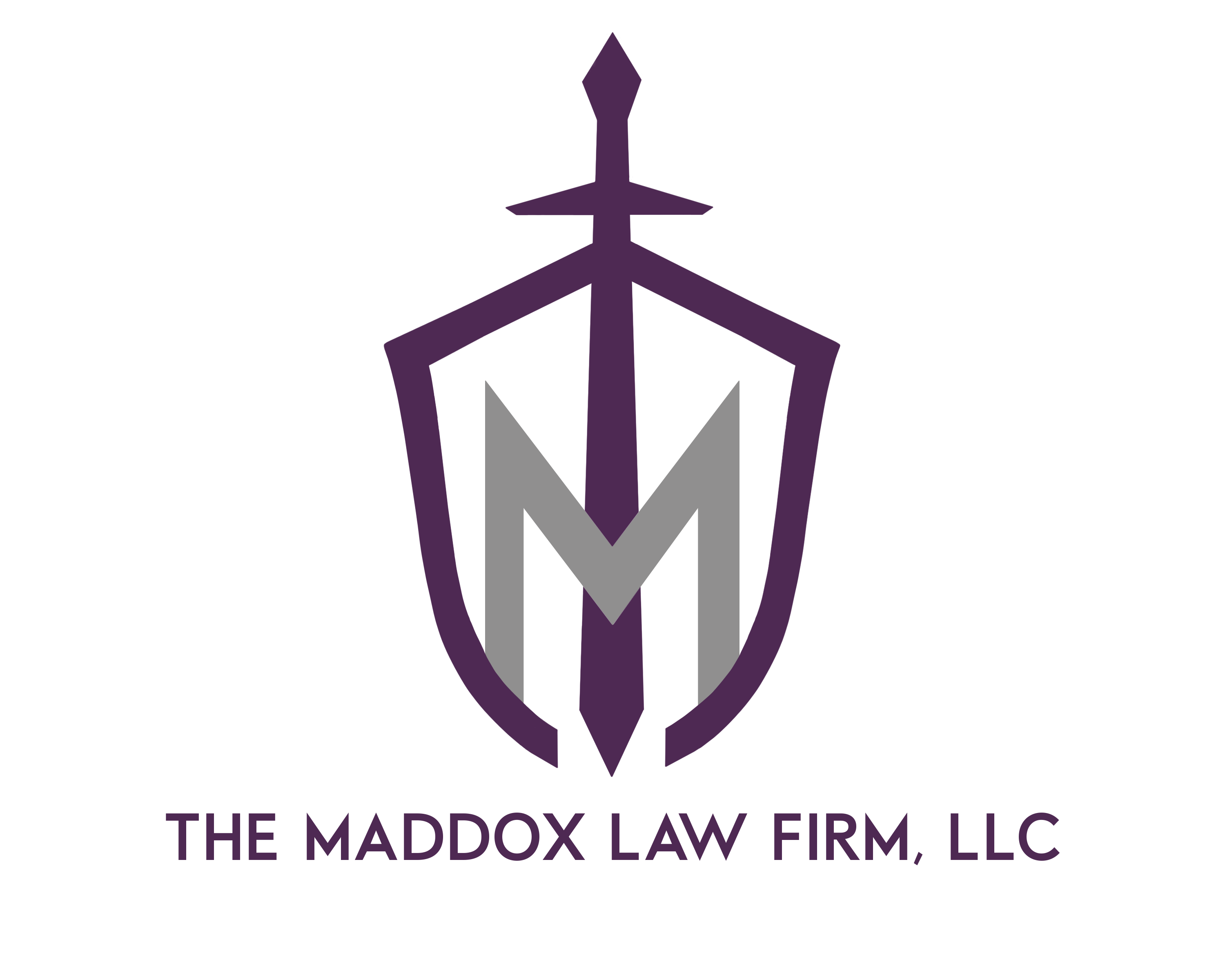Accelerated Pretrial Rehabilitation
Common Questions And Answers About Connecticut’s Accelerated Pretrial Rehabilitation
Accelerated Pretrial Rehabilitation, (A.R.), is a Connecticut law that permits alleged first-time offenders and veterans to avoid prosecution and have their criminal charges dismissed. It is considered a privilege that can help someone reach a case conclusion relatively quickly. An application for A.R. is not an admission of guilt. There is no finding by a judge regarding the applicant’s guilt or innocence. You can apply by following this link. Below, we’ve answered some questions about Accelerated Pretrial Rehabilitation in Connecticut.
What are the advantages of Accelerated Pretrial Rehabilitation?
One immediate advantage of applying for A.R. is that your file is sealed from public record. This protects you from anyone wanting to look at your file in the clerk’s office. It also means the charges against you will not be visible on the Connecticut Judicial Branch website. Another advantage of an A.R. application is that it can shorten the duration of your case, and therefore the number of times that you are required to appear in court.
How many times can I receive Accelerated Pretrial Rehabilitation?
You can apply for the privilege twice as long as your first A.R. was for a misdemeanor and your second arrest is 10 or more years later.
How do I receive Accelerated Pretrial Rehabilitation?
A judge must find two things:
- The charges against you are not of such a serious nature as to preclude you from receiving the privilege of A.R.
- You are not likely to break the law in the future.
To submit a strong application and increase your chances of receiving A.R., it is important to provide character reference letters, documentation of work or school, proof of charitable volunteer work, and sometimes, proof of certain health or clinical care. Strong and experienced advocacy is very important.
What happens when I receive Accelerated Pretrial Rehabilitation?
If granted A.R., you may be placed under the supervision of Adult Probation for up to 2 years. Again, this is without any guilty plea or finding of guilty by a judge. The judge may impose certain conditions upon you such as community service or a financial contribution to a charity, counseling, or proof of paying back an alleged victim, commonly referred to as restitution.
If you receive the privilege of A.R. and you comply with everything that has been asked of you, your case will be dismissed and erased. Under Connecticut law, a dismissal permits you to state that you have never been arrested. At the time of dismissal, it is always best practice to have your lawyer or law firm file a Motion for Erasure and Return of Fingerprints to ensure that records are in fact erased.
Have More Questions? Contact Us For Knowledgeable Answers.
To discuss your legal options with an attorney from The Maddox Law Firm, contact us to schedule an initial consultation. You can reach out online or call (203) 822-6610.
Hablamos español. Nous parlons français.












